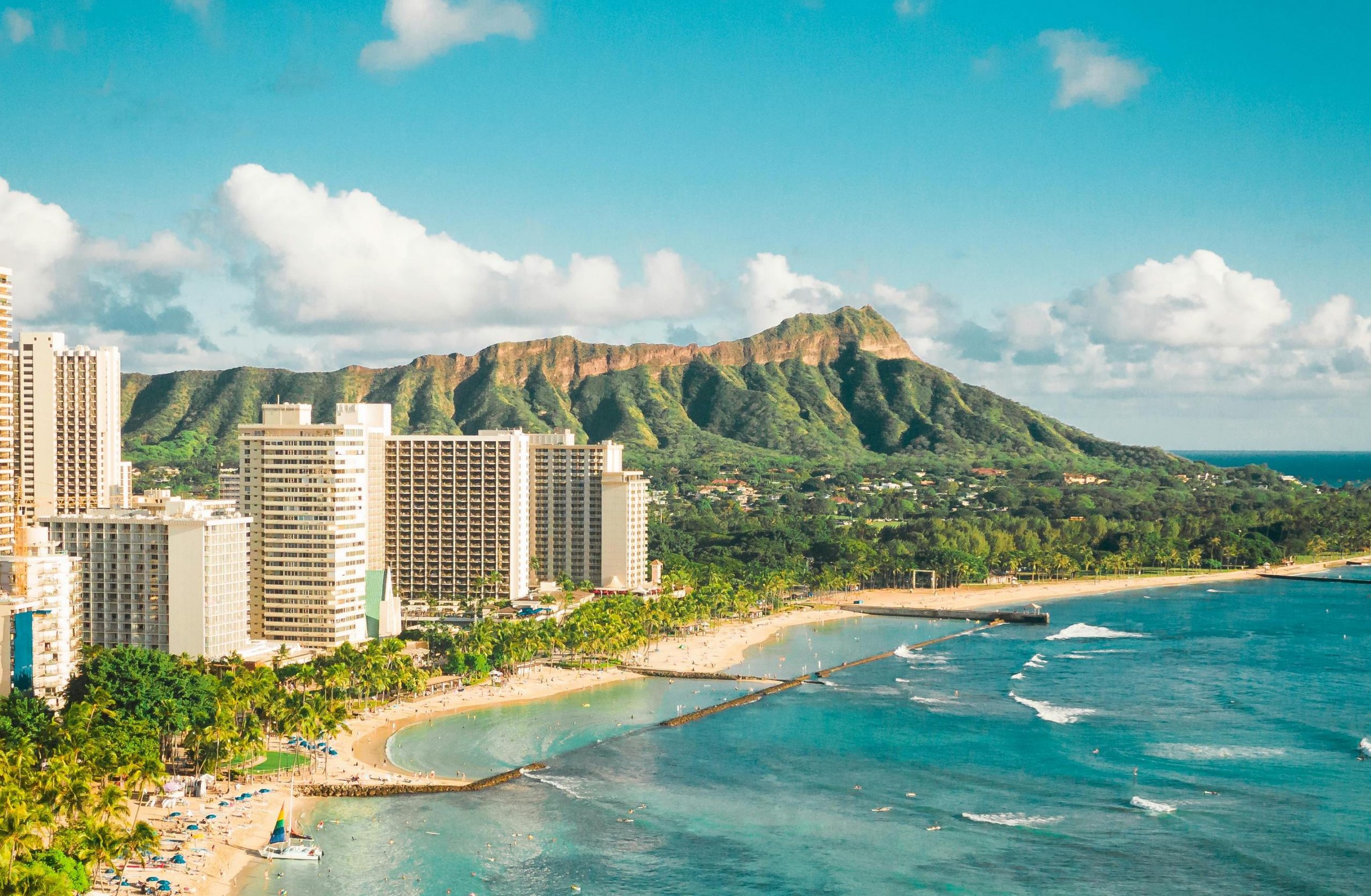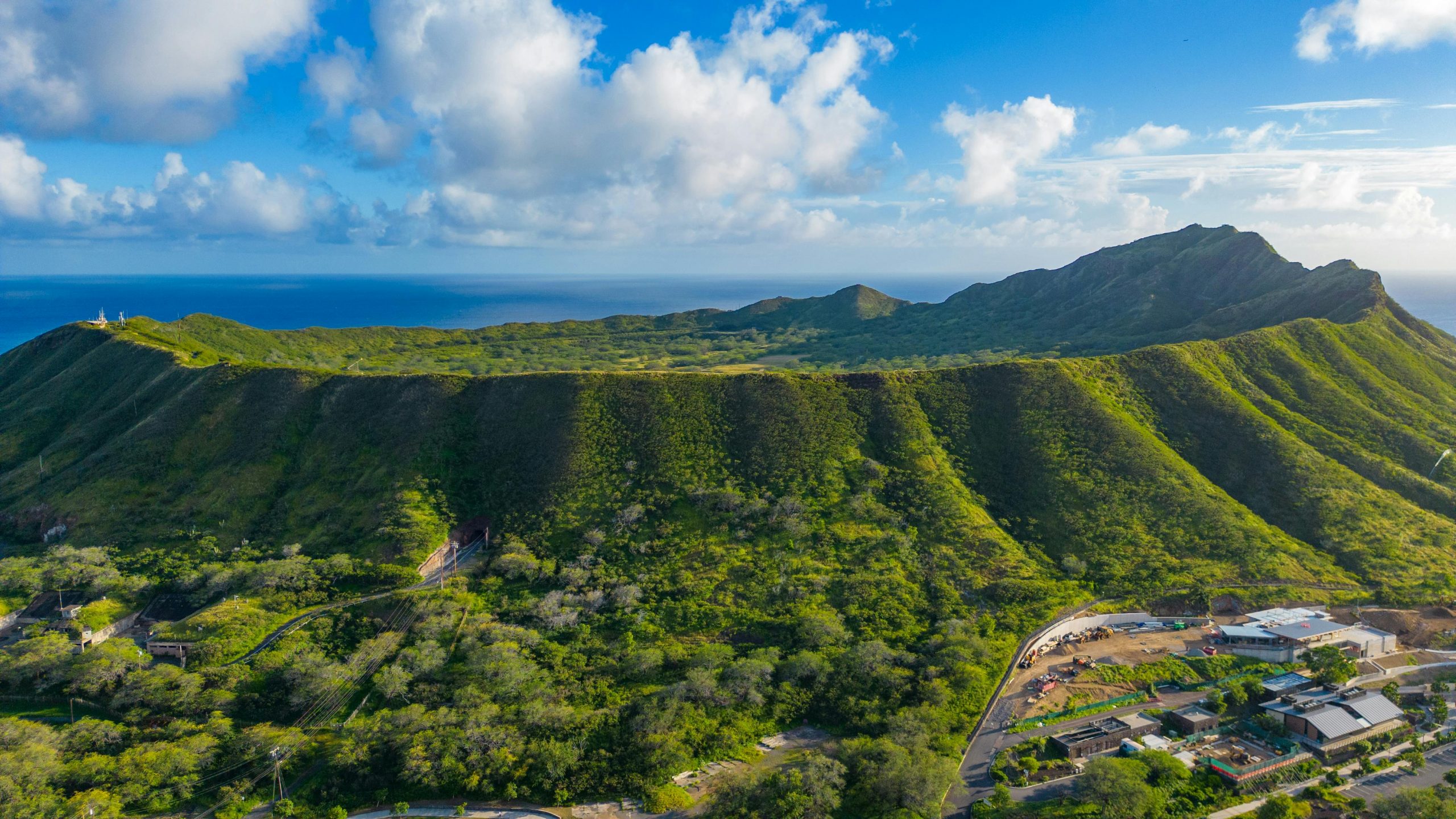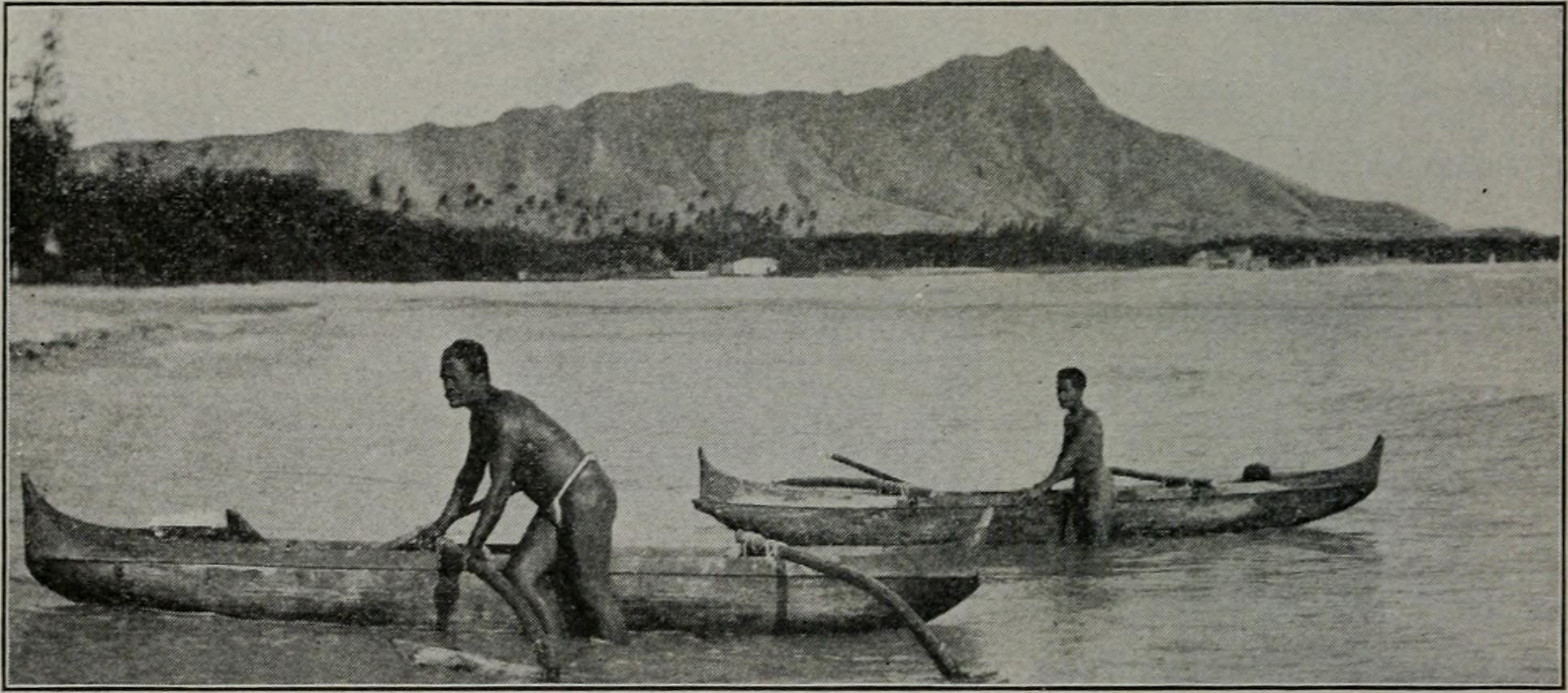Cultural Adaptation Tips for Military Families Moving to Hawaii
Fostering Mutual Understanding and Respect
"Living in Hawaii for 11 years has been an incredible privilege. Each island, sight, and friend I've made along the way has taught me something invaluable about the beauty of this place and the depth of its culture."
Moving to Hawaii represents a unique and enriching opportunity for military families. Beyond the breathtaking landscapes and warm climate, Hawaii offers a rich cultural tapestry rooted in respect, community, and the spirit of 'Aloha.'
However, transitioning to life in the islands involves more than logistical preparations; it requires a deep understanding and appreciation of the local culture and traditions.
This guide aims to equip military families with the knowledge and tools needed for a respectful and smooth adaptation to their new Hawaiian home, fostering mutual understanding and respect.
Understanding Hawaiian Culture and Values
Hawaii's culture is a vibrant blend of Native Hawaiian traditions and influences from Asia, Europe, and North America. At the heart of Hawaiian culture are values that emphasize harmony, community, and respect for the land and sea.
- 'Ohana (Family): In Hawaii, 'ohana extends beyond blood relations to encompass friends, neighbors, and community members. Embracing this concept means supporting and respecting your extended family and community.
- Aloha (Love, Peace, and Compassion): Aloha is the foundational value of Hawaiian culture, guiding interactions with others and the environment. It's about living with kindness, respect, and empathy.
- Kuleana (Responsibility): This value teaches the importance of personal responsibility towards others and the environment. Understanding your kuleana means actively contributing to the welfare of the community and the 'āina (land).
- Malama (To Care For): Caring for the land, sea, and people is a critical aspect of Hawaiian culture. Malama involves actions, big and small, that protect and nurture the environment and community.
The Spiritual Essence of 'Ohana
'Ohana is not just a social concept; it carries a spiritual dimension that emphasizes the inseparability of people from their ancestors, their land ('āina), and future generations. This perspective fosters a deep sense of belonging and a duty to care for one another and the world around us. In Hawaiian thought, the well-being of the individual is inseparable from the well-being of the collective and the natural environment.
Hawaii History
Hawaii's story is deeply woven with the vibrant traditions and culture of its Native Hawaiian people, descendants of the skilled navigators who journeyed across the Pacific to make these islands their home.
This rich history, however, also encompasses a period of profound change and challenge for Native Hawaiians, marked by the loss of sovereignty and significant pressures on their land rights and cultural practices.
Their ongoing efforts to preserve and rejuvenate their cultural heritage are a clear response to past adversities.
Recognizing this allows for a deeper appreciation of Native Hawaiians, their land and their culture.
Practical Tips for Cultural Adaptation
Adapting to a new culture is a journey of learning and growth. Here are practical steps military families can take to integrate respectfully and meaningfully into Hawaiian life:
- Engage with the Community: Attend local events, festivals, and workshops to immerse yourself in Hawaiian culture and meet your neighbors. It's a great way to build friendships and understand local customs.
- Respect Local Customs and Traditions: Learn about and observe Hawaiian customs and traditions. Simple gestures, like removing your shoes before entering someone's home, show respect for local practices.
- Be Patient and Open: Cultural adaptation takes time. Approach new experiences with an open mind and be patient with yourself and others as you navigate the nuances of Hawaiian culture.
Additional Tips:
- Visit cultural sites and museums, like the Bishop Museum or the Polynesian Cultural Center, to gain insights into Hawaii's history and cultural diversity.
- Participate in community clean-up events or volunteer with local organizations to practice malama and contribute positively to your new home.
- Encourage your family to learn and use Hawaiian words in daily conversations. This small effort can go a long way in showing respect for the local culture.
- Explore the islands' diverse natural landscapes responsibly. Understand the sacredness of certain areas and follow guidelines to protect these spaces.
10 Essential Hawaiian Words and Their Meanings
- Aloha - Love, peace, and compassion; also used for hello and goodbye.
- Mahalo - Thank you.
- ‘Ohana - Family, including extended and adopted members.
- Kai - Sea or ocean.
- ‘Āina - Land, especially the homeland.
- Kuleana - Responsibility or duty.
- Malama - To care for, protect.
- Pono - Righteousness, balance, and goodness.
- Kapu - Sacred or prohibited.
- Kokua - Help, assistance.
Navigating Local Slang (Pidgin)
Understanding local slang, or Pidgin, can help you communicate more effectively and connect with locals. Here are eight common Pidgin terms:
- Da kine - A catch-all phrase that can mean virtually anything, depending on context.
- Talk story - To chat or catch up; a casual conversation.
- Grindz - Food or a meal.
- Pau - Finished or done.
- Pau Hana - Literally means "finished work." It's used to refer to the time after work, often involving socializing, relaxing, or drinking.
- Shaka - A hand gesture with the thumb and pinkie finger extended, used to convey the "Aloha Spirit" of friendship, understanding, and compassion. It's also a common way to say hello, thank you, or goodbye.
- Ono - Means "delicious" or "tasty" and is often used to describe food. If something is ono, it's definitely worth trying.
- Kama'aina - Refers to a local resident of Hawaii, regardless of their ethnic background. The term literally means "child of the land" and is used to distinguish locals from visitors. Businesses often offer "kama'aina rates" as discounts for locals.
Resources for Further Learning
To deepen your understanding and appreciation of Hawaiian culture, consider exploring the following resources:
- Bishop Museum: Offers exhibits on Hawaiian history, culture, and natural science. Bishop Museum Website
- Polynesian Cultural Center: Provides cultural experiences and educational programs about Polynesia. Polynesian Cultural Center Website
- Native Hawaiian Organizations: Many organizations offer programs and workshops for those interested in learning about Hawaiian culture and traditions.
FAQs About Cultural Adaptation in Hawaii
What does 'Aloha' mean beyond hello and goodbye?
'Aloha' is more than a greeting — it's a way of life in Hawaii that emphasizes kindness, compassion, respect, and a deep connection to others and the land.
How can military families show respect for Hawaiian culture?
Military families can show respect by learning about local customs, participating in community events, using Hawaiian words, and practicing malama (care for the land and people).
Is it okay for newcomers to use Hawaiian words?
Yes! Using Hawaiian words respectfully and correctly is encouraged. It shows an appreciation for the culture and helps build connections with the local community.
What are some common mistakes to avoid?
Common missteps include ignoring local etiquette (like not removing shoes indoors), disrespecting sacred sites, or assuming all Hawaiians are the same culturally. Listening and learning go a long way.
How long does cultural adaptation usually take?
There’s no set timeline, but being patient, open-minded, and actively engaging with your new community will speed up the process and make it more rewarding.
Conclusion
Moving to Hawaii is an opportunity to experience a culture rich in history, values, and traditions. By approaching this transition with respect, openness, and a willingness to learn, military families can successfully adapt to their new environment and contribute positively to their communities.
Remember, adaptation is a journey that offers the chance to grow, learn, and build lasting relationships based on mutual respect and understanding.
About the author: MaryJo brings over 27 years of experience in marketing, human resources, and community leadership to Hawaii's real estate market. As a certified military relocation professional and former military spouse, she deeply understands the challenges of relocation. Just over a decade ago, MaryJo and her family chose Hawaii as their permanent home, a decision that fuels her passion for helping others find their place in the islands. Her diverse background ensures clients receive knowledgeable and empathetic representation.






